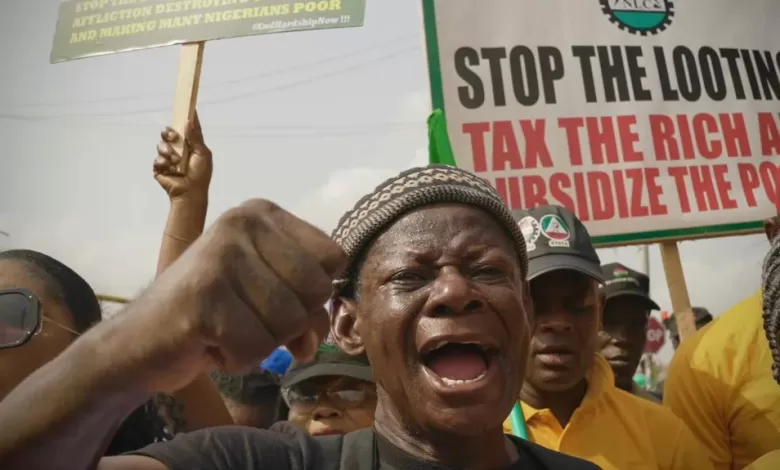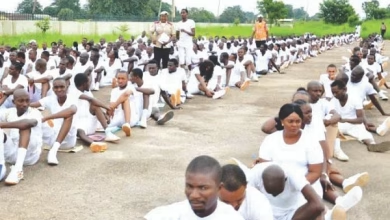Nigeria In The Dark: Nationwide Strike Cripples Power Grid

- Nigeria has been plunged into darkness
- This proposed increase amounts to doubling the minimum wage
- The root of this crisis is twofold
Nigeria has been plunged into darkness following a nationwide strike called by labor unions. Millions of Nigerians are facing a blackout as the country’s power grid shut down early Monday morning.
This drastic action stems from a growing discontent with the rising cost of living. Union members prevented operators from working at power control centers and substations, effectively crippling the national grid.
The crux of the issue lies in the current minimum wage of 30,000 naira (approximately $22) per month. Unions argue this meager amount is simply insufficient for workers to survive. Security guard Mallam Magaji Garba exemplifies this struggle.
He highlights the fact that a 50kg bag of rice, a staple for his family, costs a staggering 75,000 naira – more than double the government’s proposed increase.
This proposed increase amounts to doubling the minimum wage. However, unions are demanding a much steeper rise to 494,000 naira (approximately $369) to reflect the harsh economic realities.
They believe this increase is necessary for workers to afford basic necessities and live with dignity.
The government, on the other hand, expresses concerns that accepting such a high demand would cripple businesses. They fear widespread job losses as companies might be unable to afford the increased payroll burden.
The impact of the strike extends far beyond power outages. Flights have been cancelled at major airports, leaving passengers stranded. Schools, offices, and hospitals are also closed, further disrupting daily life across the country.
This is not the first time Nigerian workers have resorted to strike action under President Bola Tinubu’s year-long administration. It marks the fourth such protest, highlighting the deepening economic crisis.
The root of this crisis is twofold: the removal of fuel subsidies and the dramatic depreciation of the naira. The government ended the policy of pegging the naira to the US dollar, causing its value to plummet. This has led to a surge in inflation, currently hovering near 34%.
The strike exposes a stark contrast between the government’s long-term economic reform plans and the immediate struggles of ordinary Nigerians to afford basic necessities. As the situation unfolds, it remains to be seen how this conflict will be resolved.






